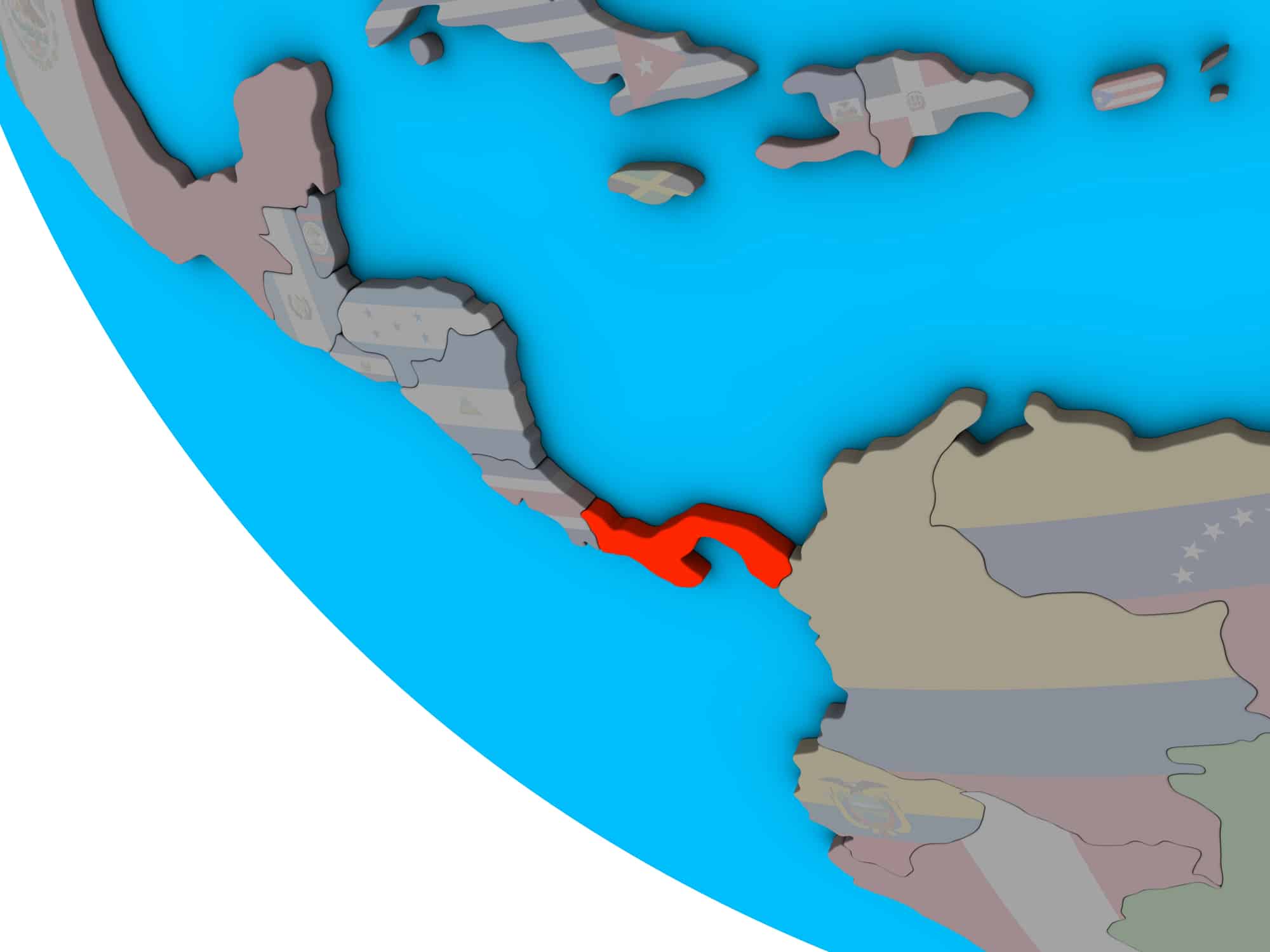One of the earliest points to become apparent about Donald Trump’s second term as president is that there is a significant difference in foreign policy priorities and a vast change in style from his predecessors over the past eight or nine decades. Blather about the United States promoting or defending democracy around the world has already faded with the onset of the new administration. That change is just as well, since more often than not, such rhetoric merely served as a cover for U.S. power politics and an attempt to prolong Washington’s fading global hegemony.
If one truly wants to understand Trump’s likely approach to both continental and world affairs, though, it would be more instructive to study the presidencies of Theodore Roosevelt, James K. Polk, and Andrew Jackson than to focus on the post-Pearl Harbor, globalist presidents. That is especially true with respect to Trump’s attitudes and policy preferences regarding the Western Hemisphere. Indeed, his focus on that arena is so intense and stridently nationalist that it is not too early to wonder if there will be a “Trump Corollary” to the Monroe Doctrine.
The original Monroe Doctrine became official U.S. policy in 1823. The actual architect was Secretary of State John Quincy Adams, and it was a bold declaration of rising American power as well as the explicit assertion of a sphere of influence for the upstart republic. Indeed, the scope of the declaration greatly exceeded Washington’s military and economic capabilities at the time to enforce it unaided. However, Great Britain’s objectives and interests in keeping other major powers out of the Western Hemisphere coincided with those of the United States. London became a de facto U.S. ally for that limited, but important, goal. During the post-Civil War period, American economic and military power gradually grew to the point that Washington’s assertion of preeminence in the hemisphere became increasingly credible. Indeed, American leaders even made it clear to their British counterparts in the 1890s that new or expanded enclaves by their country would be as unwelcome as such entities controlled by other outside powers.
Emphasizing U.S. hegemony, though, created the growing perception in Washington that the United States now needed to be more active and assertive in maintaining order within its sphere of influence. When some poorly governed countries in the hemisphere reneged on debts owed to major European powers (especially Germany), it created the prospect that those aggrieved powers might use such incidents as a justification (or excuse) to take action. In promulgating the “Roosevelt Corollary” to the Monroe Doctrine, President Theodore Roosevelt insisted that the United States had both the right and obligation to discipline irresponsible hemispheric neighbors to forestall such outside interference. Washington’s assertion of hemispheric hegemony grew. It also was a model that the United States would apply to other regions of the world in a few decades.
There are ample signs that although Trump might be more selective and cautious about some U.S. obligations and objectives elsewhere in the world, his emphasis on enforcing U.S. hegemony closer to home may exceed the stance of all his predecessors. The principal feature of an emerging Trump Corollary to the Monroe Doctrine is an insistence on total U.S. control of security and economic affairs in the Western Hemisphere—especially the northern portion from Venezuela to the Arctic.
Trump apparently has concluded that outright U.S. ownership is needed to assure adequate control of certain territories. He already indicated his intention to pressure Denmark to sell Greenland to the United States. Although that island’s largely Inuit population has enjoyed autonomy over domestic affairs since 1979, Denmark retains responsibility for military and foreign affairs. As the United States is already in the midst of a power struggle with both Russia and China for dominance in the Arctic, accepting Greenland’s continued reliance on a small European country for its security seems decidedly out of character for Donald Trump.
The president has made it clear that he regards Greenland as a crucial geostrategic asset for the United States. His demand that the Panamanian government return ownership of the Canal to the United States reflects a similar mentality. Trump’s appointment of the ultra-hawkish Marco Rubio as secretary of state indicates a likely intention to oust the radical leftist governments in Cuba and Venezuela.
During his first term, Trump was receptive to the idea of using force against drug cartels in Mexico if their government was unable to restore order in the country. That threat remains in effect as Trump takes office again. He does not seem the least bit shy about violating Mexico’s sovereignty if he deems that step necessary.
All of these positions point to the adoption of a very hardline policy toward Washington’s neighbors. There may be an understandable temptation to scorn Trump’s belligerent, jingoistic statements as mere posturing and boastfulness. That would be a mistake, especially with respect to policy in the Western Hemisphere. Washington’s conduct in that region is likely to resemble the unapologetic imperialism that the United States pursued from the 1890s until Franklin Roosevelt initiated a more subtle version with his so-called Good Neighbor policy. Americans need to buckle up now, since we could be in for a wild ride throughout the hemisphere under Donald Trump.

































